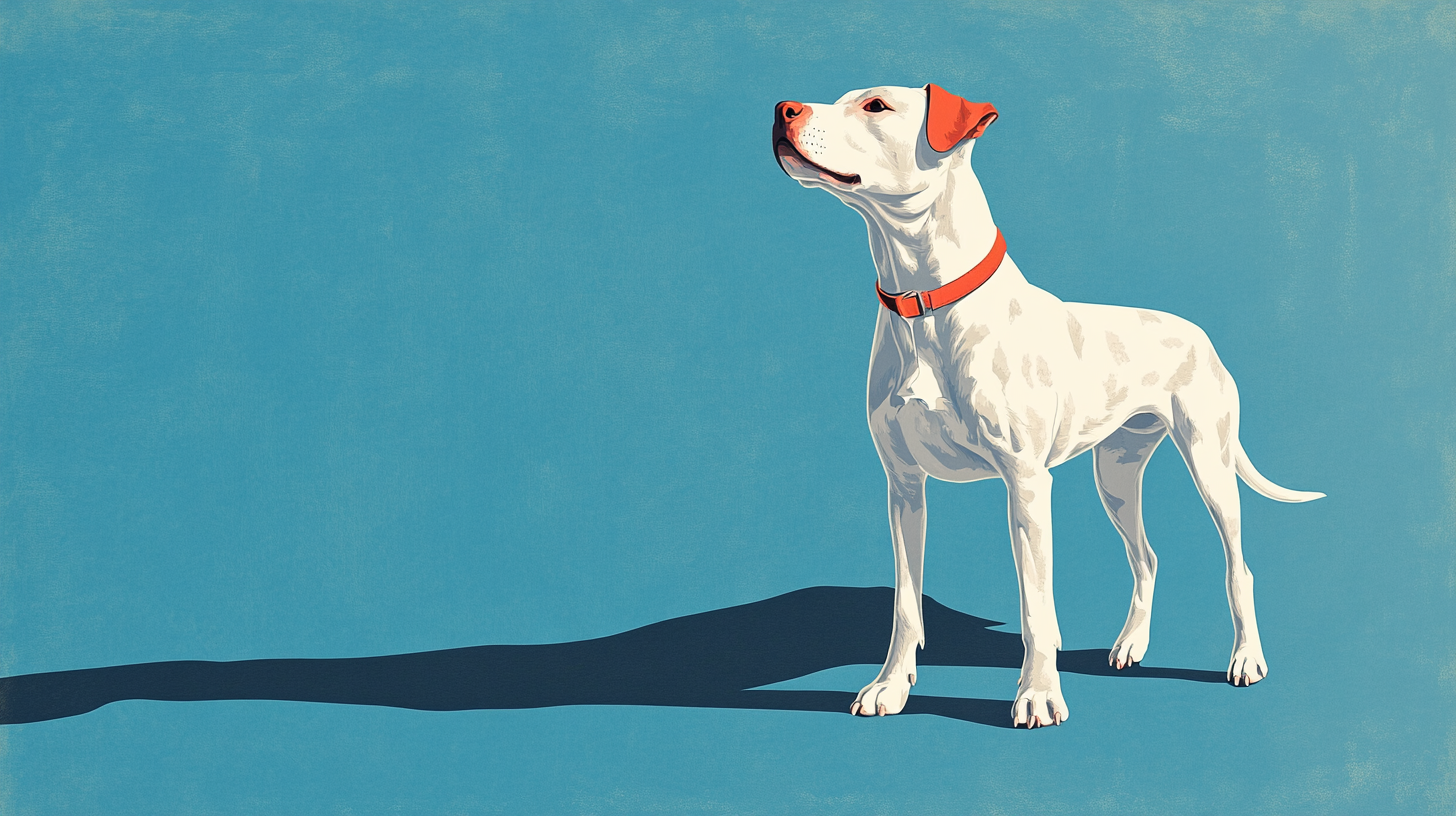In recent days, Oregon has seen a surge of discussions surrounding the complexities of animal welfare and the protection of livestock from uncontrolled canine aggression. A recent legislative bill aims to amend the state’s understanding of dangerous dogs, specifically those that cause harm to livestock. This article will delve into the implications of the new legislation targeting these dangerous dogs, the challenges they present to animal health professionals, and how veterinarians can play a pivotal role in shaping community responses to these challenges.
Understanding the Legislation
The bill, recently introduced in Oregon, officially designates dogs that injure livestock as “dangerous.” This classification carries significant weight as it could lead to stricter regulations and possible consequences for dog owners. The intention behind this legislative measure is to foster a safe environment for livestock, which is vital for local farmers and the economic health of the animal and agriculture sectors.
Key Challenges Presented by Dangerous Dogs
The primary challenge presented by dangerous dogs is the risk of injury to livestock, which can result in financial losses for farmers, emotional distress, and ethical concerns regarding animal welfare. Livestock, including sheep, cattle, and poultry, are often vulnerable to predation or aggressive behavior from errant dogs, which can lead to:
- Severe injuries or fatalities among livestock.
- Increased veterinary costs for treating injured animals.
- Economic instability for farmers relying on livestock for their livelihood.
- Strained community relations between farmers and dog owners.
Statistics Highlighting the Issue
According to recent studies and reports, the number of incidents involving dogs attacking livestock has been on the rise across the United States. In Oregon specifically, reports indicate an increase of over 30% in livestock injuries caused by dogs over the past three years. These alarming statistics underscore the urgency of adopting effective legislation and action to safeguard livestock.
The Role of Veterinarians in Addressing These Challenges
As trusted professionals in animal health, veterinarians hold a unique position in addressing the fallout from dangerous dogs. They can contribute to mitigating the risks through:
- Education: Providing valuable information to pet owners about responsible dog ownership and training.
- Reporting: Keeping records of injuries and facilitating communication between farmers and dog owners to resolve conflicts amicably.
- Advocacy: Supporting local legislation that prioritizes animal welfare and the protection of livestock.
Recommendations for Livestock Owners
To effectively deal with the consequences of dangerous dogs, livestock owners may consider the following strategies:
- Implementing Protective Measures: Use fencing or other enclosures to safeguard livestock against canine threats.
- Community Engagement: Establish dialogue with local dog owners to discuss responsible pet ownership and potential partnerships for resolving issues.
- Collaboration with Veterinarians: Work closely with veterinarians to ensure that all livestock are routinely checked for injuries and receive appropriate care.
Promoting Responsible Dog Ownership
While the legislation aims to address immediate concerns regarding dangerous dogs, it highlights a broader need for responsible pet ownership. The local community plays an essential role in promoting this responsibility. Some actionable insights to promote responsible dog ownership include:
- Training Programs: Encouraging dog training courses that focus on proper behavior around livestock.
- Awareness Campaigns: Organizing community workshops that inform dog owners of the seriousness of keeping their pets contained and the potential repercussions of straying dogs.
- ID Tags and Microchipping: Ensuring dogs are equipped with identification to facilitate prompt return if they wander off.
The Importance of Community Involvement
Addressing the issue of dangerous dogs in Oregon requires a concerted effort from veterinarians, animal health professionals, farmers, and the community. Collaborative action not only fosters a more secure environment for livestock but also promotes ethical animal treatment and welfare.
Next Steps: Engage with Pulivarthi Group
As part of the commitment to enhancing animal welfare and community safety, Pulivarthi Group is dedicated to providing resources and support to both veterinarians and livestock owners facing these legislative changes. We invite you to:
- Subscribe: Stay informed about the latest developments in animal health legislation and support resources.
- Join Workshops: Participate in our upcoming workshops to gain practical knowledge and insights into managing dangerous dogs and protecting livestock.
- Network: Connect with other professionals to share best practices and collaborative initiatives to enhance animal welfare.
Conclusion
The recent legislation in Oregon recognizing dogs that injure livestock as dangerous is a crucial step toward addressing a pressing challenge within the animal health sector. By raising awareness, fostering community engagement, and collaborating with veterinarians, we can create a safer environment for livestock and promote responsible dog ownership. Together, we can ensure the well-being of both livestock and pets, benefiting the wider community and aligning with our shared goals of ethical animal care.





